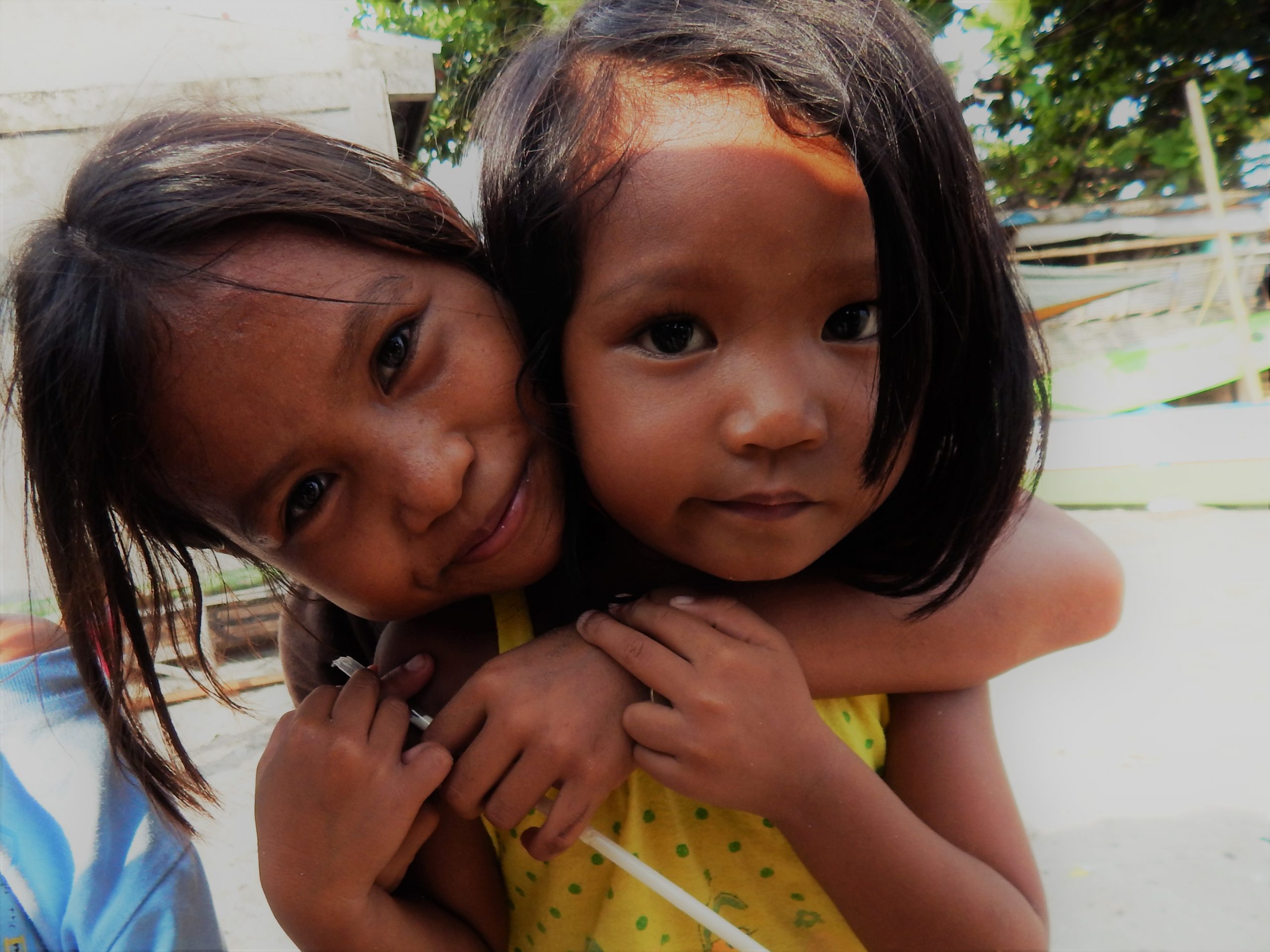At the crucial age of 0 to 6 years old, children require good quality care and early education to enhance their social, cognitive, linguistic, and emotional development. In touch with the reality that the first stage of a child’s life can shape their chances at a better future, the Philippines passed a law 28 years ago that required all communities to create public daycare centers for children.
Despite national legislation supporting early childhood care and development, Philippine public daycare centers are dealing with issues of poor facilities, scant teaching materials, & inadequately trained personnel. This happens because public daycares in the Philippines get their funds from their community governments, which means that poorer communities usually have the most underfunded and under-performing daycare centers. Families who cannot afford private daycare facilities are left with no choice but to either make do with the under-equipped community-operated daycare centers, or not enroll their children in any daycare facility at all.

Such is the case of the daycare centers in Barangay Paratong, Bangar, La Union, and the youth center of Barangay Tanza, Navotas, Metro Manila. The Paratong Community, a low-income and disaster-prone fishing village home to approximately 3,400 people, had two daycare centers that needed material support that the community government and the children’s parents cannot afford to provide.
To overhaul their learning activities and make it more fun and engaging for children, the Paratong daycare centers, which caters to 112 children between the ages of 3 to 5 years old, needed educational toys, story books, classroom materials like coloring pens and other school supplies, and audio-visual equipment.
Through the support of the concluded Heed and Thrive Development Project, these materials and equipment were provided and are now being used by all enrolled students. Through these, the daycare centers in Paratong were able to extend their teaching hours because they have more activities in store for the learners. The local elementary school, the Paratong Elementary School also noted that there has been an improvement in the reading, writing, drawing, and social skills of incoming Grade 1 students who were products of the Paratong Daycare Centers. On their part, the daycare centers hope that more children will be reached so that they can also use their improved materials and facilities.










In the urban village of Tanza in Navotas, Metro Manila, the Heed and Thrive Development Project also improved the materials and infrastructure of the Tanza Youth Library. Although not a full-fledged daycare center, the Tanza Youth Library provides after-school and tutorial services to all interested community children – and for a community with over 30,000 residents, such services are considered very important.
According to the Tanza Youth Librarian, “some parents leave their children here as if we are a daycare center. Of course, I cannot turn them away so we have activities for them such as spelling, reading hour, English lessons, and Values Education.” The children who regularly go to the Youth Center were very excited to have new toys to play with and learn from. “This is where I learned how to play chess,” said 8-year-old Joshua who attends the local elementary school as a 2nd Grader. “We play scrabble so we can practice spelling and math at the same time,” said Althea who is a special-needs person and who volunteers as a library assistant.
Although small in scope and in budget, the effects and support made possible by improving these under-equipped daycare centers and youth libraries are immense. By empowering and improving these humble establishments, the most indigent and needy children now have free access and use of a variety of learning facilities that ignite their interest and love for knowledge and learning, which would go a long way in their quest to break free from the shackles of debilitating poverty.






